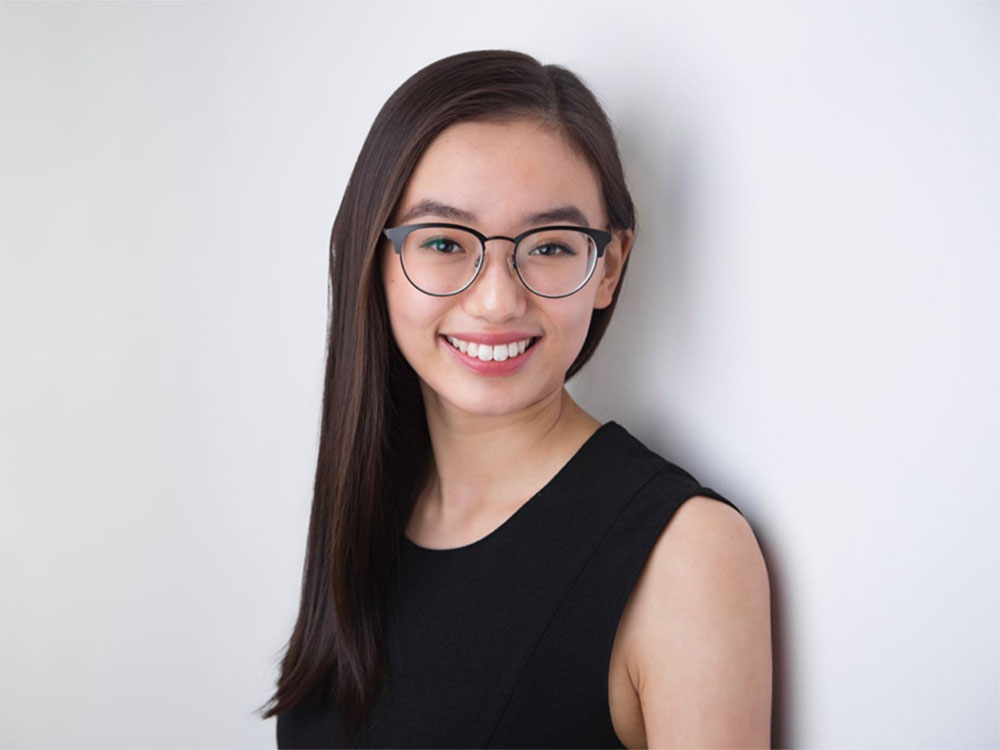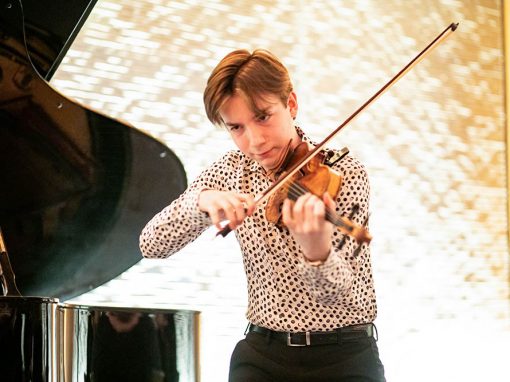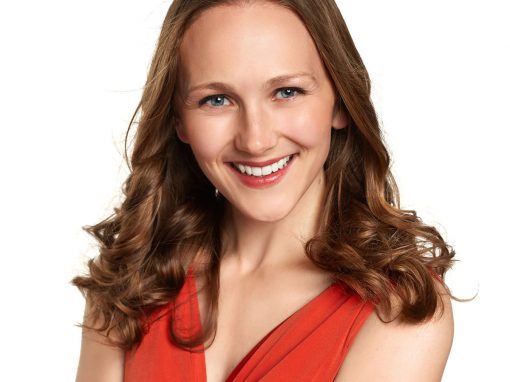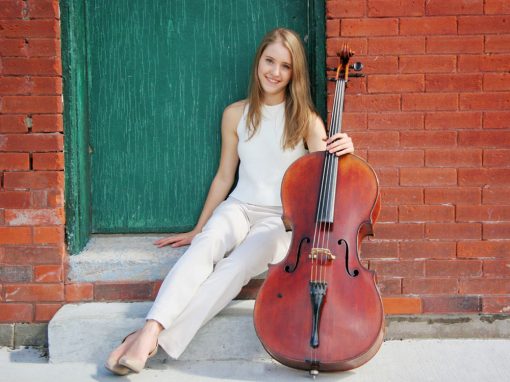Cynthia Gan is a two-time Royal Conservatory of Music gold medal winner in voice, as well as an accomplished pianist and creative writer. She earned her Associate of the Royal Conservatory of Music Diploma in piano performance at age 14, following it with an ARCT Diploma in voice performance. Currently, Cynthia studies voice and psychology as a Chancellor’s Scholar at the University of Calgary, and is a student of the Arts & Science Honours Academy. Her career goals include becoming a clinical psychologist, an opera and musical theatre artist, and a published creative writer.
Q&A with Cynthia
How did you come to select the music you will be performing?
I wanted to showcase a wide range of vocal repertoire, introducing audiences to songs that aren’t “O mio babbino caro” while still including some recognizable ones. I also wanted my program to be varied in terms of origin, language, and genre.
What drew you to music?
There has always been music in my home. Both my sister and I started playing piano at a young age. At the age of one, my parents had to get me an electric keyboard to distract me from competing for the family piano and interrupting my older sister’s practicing. We also had a karaoke machine, which was the love of my infant life as I was told. I didn’t begin speaking until quite late into my childhood, but my parents never worried about my speech development, as I had already started singing.
Which type of music is your favourite?
Oddly enough, I don’t listen to much classical music at all. My taste in music was kind of frozen in my middle school years: I listen to a lot of Florence and the Machine, Lana Del Rey, Lorde, Panic! at the Disco, and Halsey.
What is it about performance that you love?
I had to work hard to like performing. I’ve reconciled myself with performing based on the idea that performing isn’t for me, it’s for the people listening. That being said, my favourite part of any performance is always when it’s over.
What advice would you give to young musicians?
Find your instrument. Don’t just stick to what you were put in. Piano is helpful as a sort of prerequisite to other instruments, and is, unlike a lot of instruments, including voice, physically possible to play healthily as a young child, but it’s not the only instrument out there.
Do you have any pastimes or accomplishments that might surprise or intrigue our audience?
I enjoy reading, writing, knitting, and road trips. I am also something of a croissant connoisseur.
Why psychology?
Since struggling with some mental health issues of my own, I have not been particularly impressed with the efficacy or quality of mental health services available to adolescents, which is causing a lot of our young people to slip through the cracks. I would feel very fulfilled spending my life personally addressing and contributing to the building of better mental health systems. I also want to challenge societal misconceptions about attention-seeking behaviours and their causes, inspired by Marsha M. Linehan’s work on borderline personality disorder and her development of dialectical behavioural therapy.
Do you have any creative writing published?
One of my writing contest winning entries was published on the Calgary Public Library website in 2015 and was included in the Freedom to Read Kit 2016 (distributed nationally by the Book and Periodical Council). I have several works in progress for which publication is a long way away, but I’m not too worried about whether they’ll ever be published
Have you received any other awards or recognition?
I am a two-time RCM Gold Medalist for achieving the highest RCM exam marks for Grade 8 & 10 Voice in the Alberta and Northwest Territory region. I have also been lucky enough to be awarded the University of Calgary Chancellor’s Scholarship, Wigham Family Entrance Scholarship in Humanities and Social Sciences, Clay Riddell Community Hero Scholarship, and Equinor Canada Arts Scholarship, among others.





